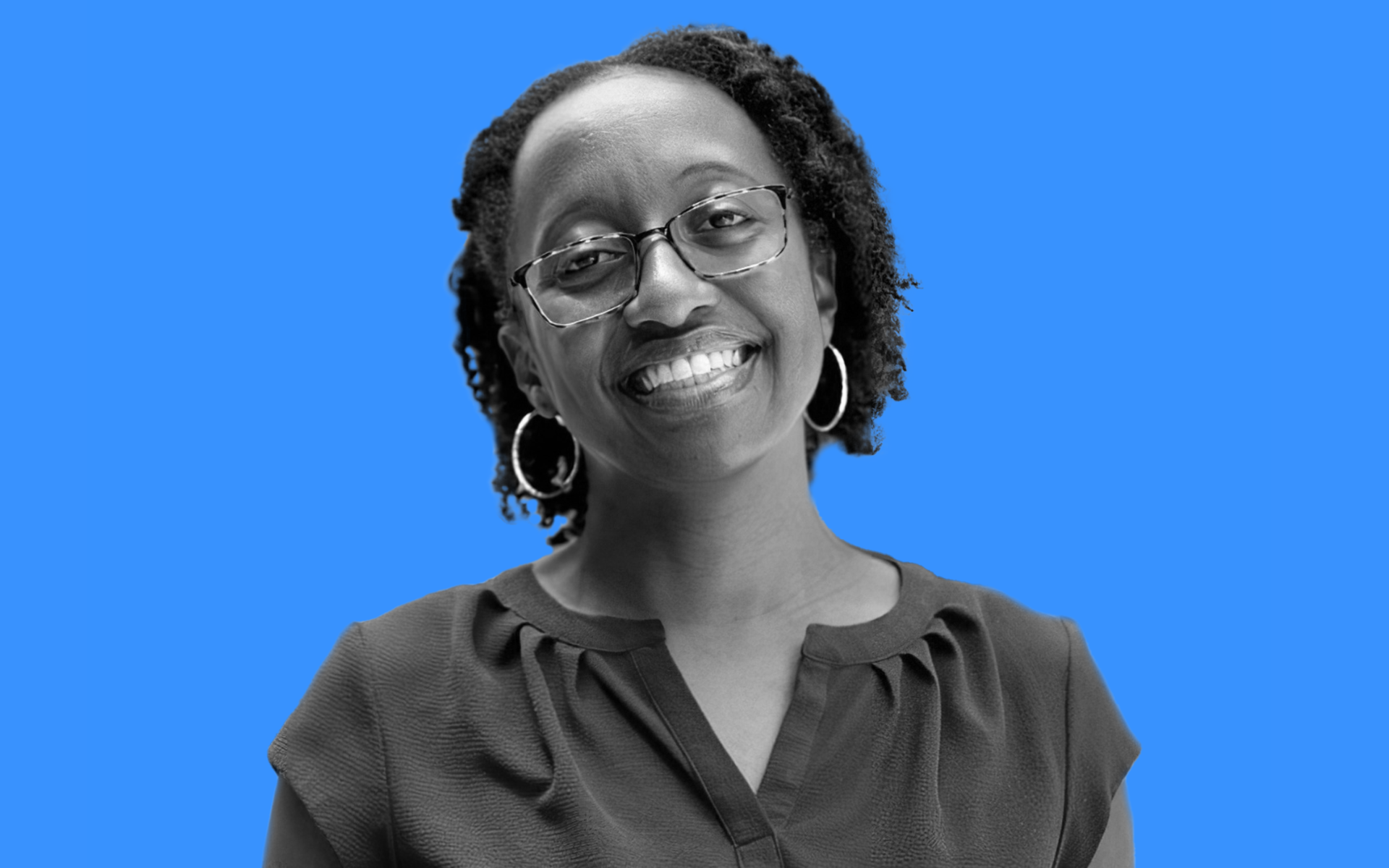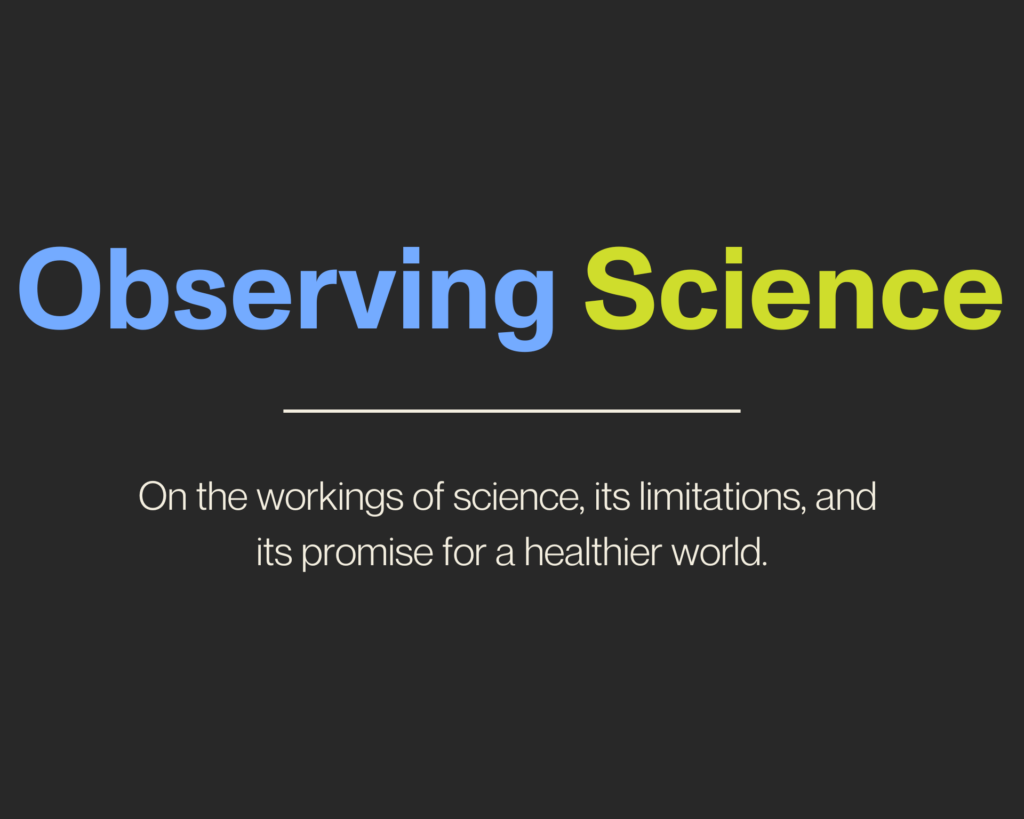'Building Power from the Ground Up'
Jamila Michener, associate professor at Cornell University, discusses her work at the intersection of health policy, political engagement, and community empowerment.

Read Time: 4 minutes
Published:
Jamila Michener is an associate professor in the Department of Government at Cornell University. She recently published a book, Fragmented Democracy: Medicaid, Federalism, and Unequal Politics, which examines how Medicaid affects political participation and government views among low-income, mostly Black and Latino Americans.
The political atmosphere plays a critical role in shaping access to health care and, by extension, the overall well-being of individuals. Policies governing health care systems, such as Medicaid expansion or funding for community clinics, directly determine whether people can access essential medical services. Ultimately, the political choices made at local, state, and federal levels influence not only who receives care, but also who remains healthy or falls through the cracks.
Jamila Michener recently spoke with Public Health Post about her work related to American politics and policy, specifically examining how poverty and racial inequality affect politics.
Public Health Post: What barriers prevent marginalized communities from actively participating in shaping the political and economic policies that impact them?
Michener: Opportunities to get involved and engage in ways that shape democracy and other outcomes related to policy and one’s lived reality vary across context, and they’re embedded in a set of larger structural conditions that shape who gets involved, when, and how.
There are structural constraints on one’s time and availability. For instance, there are people who work night shifts and are not available during the day. What does it look like to engage in civic or political life while facing the challenges of one’s schedule and daily responsibilities?
There are valid reasons why people with a history of exclusion and marginalization in this country may feel that being involved is not worthwhile. This perspective often stems from lived experiences within their communities. For example, seeing a toxic waste dump proposed for their neighborhood, fighting against it, and still having it imposed. Similarly, lacking institutions like banks but instead being surrounded by exploitative check-cashing businesses reinforces a sense of disempowerment. Living in such a context often teaches individuals to turn inward, as there are few outward resources or opportunities to foster engagement.
How do you see Medicaid influencing the political and economic trajectories of marginalized communities, particularly in regions where federal and state policies are in competition?
Medicaid is a vital health resource that is sustaining people’s lives across their life course, so it’s particularly important for our most vulnerable and marginalized communities. But you mentioned this tension between the federal level and the local level, and that tension changes over time, often depending on who’s in office. This tension is not ideal. Uniform medical access across the country is crucial because where you live heavily influences your access to Medicaid. And that’s arbitrary as it’s based on inconsistent, location-based factors rather than need. But these tensions also create opportunities for deeper political engagement. For example, when legislatures were reluctant to expand Medicaid, ballot initiatives stepped in and accomplished what lawmakers would not.
Medicaid’s importance, combined with these cross-level tensions, highlights the critical role of politics—organizing, advocating, and building political power is essential. Without such efforts, people lose access to health insurance, and it’s no exaggeration to say that this can result in loss of life.
What are the next steps in your research, and how do you plan to further explore the connections between public health policy, political engagement, and community empowerment?
I’m doing work on the Medicaid transportation benefit right now. One of the most rewarding aspects of this project is that it’s a deeply engaged effort. We have an advisory group composed primarily of Medicaid beneficiaries who are actively helping to design and execute the research. This approach ensures that the research process itself reflects the principles of democracy and power that we aim to promote in the world.
I’m also working on organizing, particularly tenant organizing, and exploring how to address significant challenges in our political economy by redistributing power to achieve meaningful, systemic transformation. This goes beyond minor adjustments; it’s about fundamentally changing the rules of the game. We need new players with different perspectives and power, which requires building power from the ground up. My focus is on examining what this entails for communities: the policy frameworks, the necessary power dynamics, the organizational strategies, and how research can support and advance this critical work.
Dr. Michener spoke at Boston University School of Public Health’s Public Health Conversation, Health Equity Policy, Community, and the Mississippi Delta on December 3. The event honored the life and work of the late David Jones, a professor at BUSPH and the inaugural executive editor of Public Health Post. Revisit the conversation here.
This interview has been edited for length and clarity.



